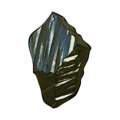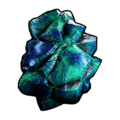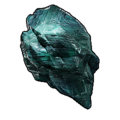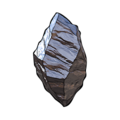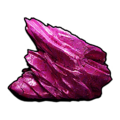Szélatya
(Hungarian language) - IPA(key)
Szélatya (/ˈseɪlˌɒtjɒ/) is the 8th moon of Eos, and appears a ghostly white from afar. Its surface elevation is widely variable, but the smooth gradation between either extrema means that there are few mountains or ridges to speak of. Throughout the day, Szélatya's atmosphere glows a pale gold and blue, and ground fog is thick.
Nomenclature
From Hungarian mythology, Szélatya or Szélkirály is a god of the wind whose name translates to "Wind Father", and is the counterpart to the female Szélanya. Szélatya has long hair, silver weapons, and horses which cause thunderstorms wherever they run. He is said to appear as a youthful and handsome man in Hungarian mythology, but as an elderly man in Turkic mythology. He maintains a portion of Égig érő fa (World Tree) on the fourth bough named the Silver Forest, which - depending on the source of origin - takes the form of a jungle or sylvan.

